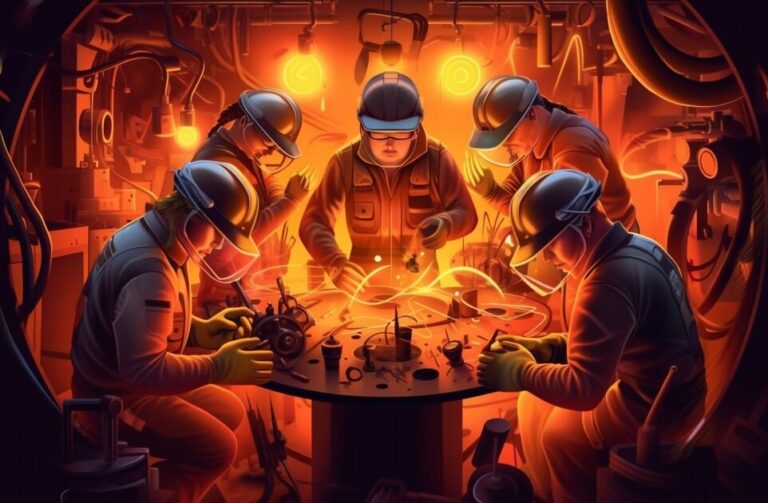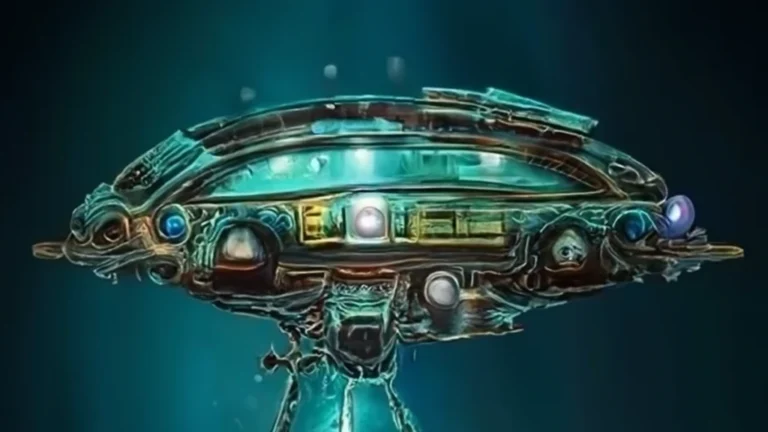The Role of Advanced Technology in Modern Boiler Systems: A Journey into the Future of Home Heating
In the evolving landscape of home heating, modern boiler systems have undergone significant transformations, thanks to rapid advancements in technology. These innovations are not just making boilers more efficient but are also fundamentally changing how homeowners interact with their heating systems. This article takes you on a journey into the future of home heating, exploring the cutting-edge technologies that are redefining what we can expect from our boilers.
A New Era of Efficiency: The Rise of Smart Boilers
Gone are the days when boilers were simple, clunky machines tucked away in a basement. Today’s boilers are intelligent systems equipped with technology that allows them to learn, adapt, and optimize their operation based on your specific heating needs. The integration of smart technology in boilers is a game-changer for both energy efficiency and user convenience.
- Learning Thermostats: Your Boiler’s Brain
One of the most significant advancements in modern boiler technology is the development of learning thermostats. These devices do more than just maintain a set temperature. Over time, they learn your schedule and heating preferences, adjusting the temperature automatically to match your daily routine.
For example, if you typically lower the temperature at night and increase it in the morning, a learning thermostat will begin to make these adjustments automatically, without any input from you. This not only ensures your home is always at the ideal temperature but also minimizes energy waste, as the system heats your home more efficiently.
- Predictive Maintenance: Preventing Problems Before They Occur
Modern boilers equipped with advanced sensors and diagnostics can monitor their own performance and predict when maintenance is needed. This technology, known as predictive maintenance, helps prevent unexpected breakdowns by alerting you or your service provider to potential issues before they become serious.
For instance, if a component is starting to wear out or if the system detects a drop in efficiency, the boiler can send an alert to your smartphone or directly to your service provider. This allows for timely maintenance, reducing the risk of costly repairs and extending the life of your boiler.
- Remote Control: Heating Your Home from Anywhere
Smart boilers can also be controlled remotely via smartphone apps. Whether you’re on your way home from work or returning from a vacation, you can adjust your heating system with just a few taps on your phone. This remote control capability not only offers convenience but also ensures that you’re not wasting energy heating an empty home.
Additionally, many smart boiler systems can be integrated with other smart home devices, such as voice assistants like Amazon Alexa or Google Home. This means you can adjust your heating with a simple voice command, making home heating as effortless as possible.
Eco-Friendly Heating: Reducing Your Carbon Footprint
As the world becomes increasingly aware of the need to reduce carbon emissions, the heating industry is responding with eco-friendly innovations. Modern boilers are now designed with environmental sustainability in mind, offering homeowners ways to reduce their carbon footprint without sacrificing comfort.
- Condensing Technology: Maximizing Energy Efficiency
One of the most significant advancements in boiler technology is the widespread adoption of condensing technology. Condensing boilers are designed to extract as much heat as possible from the fuel they burn, making them significantly more efficient than traditional boilers.
In a condensing boiler, the flue gases that would normally be expelled from the system are instead passed through a heat exchanger, where additional heat is extracted. This process allows the boiler to achieve efficiency levels of over 90%, reducing both fuel consumption and carbon emissions.
- Hybrid Systems: Combining Renewable and Traditional Energy
Another eco-friendly innovation is the development of hybrid heating systems, which combine traditional boilers with renewable energy sources such as heat pumps or solar panels. These systems use the boiler as a backup or supplement, relying primarily on the renewable source to heat the home.
For example, during mild weather, a heat pump might provide all the heating needed, with the boiler only kicking in during particularly cold spells. This approach not only reduces reliance on fossil fuels but also lowers your overall energy costs.
- Hydrogen-Ready Boilers: Preparing for the Future
Looking further into the future, hydrogen-ready boilers are being developed as part of the effort to decarbonize home heating. These boilers are designed to run on a mix of natural gas and hydrogen, or on 100% hydrogen when it becomes widely available.
Hydrogen produces no carbon emissions when burned, making it a potentially game-changing fuel for the heating industry. By investing in hydrogen-ready boilers now, homeowners can future-proof their heating systems, ensuring they are ready to transition to cleaner energy sources as they become available.
The Comfort Revolution: Enhancing the User Experience
While efficiency and sustainability are crucial, modern boiler technology also focuses on enhancing the overall user experience. Today’s boilers are designed with the user in mind, offering features that make managing home heating easier and more intuitive than ever before.
- Quiet Operation: Say Goodbye to Noisy Boilers
One of the common complaints about older boiler models is the noise they produce, which can be disruptive, especially in smaller homes. Modern boilers, however, are engineered for quiet operation. Advances in materials and design have resulted in boilers that run almost silently, ensuring that your comfort isn’t compromised by annoying noise.
- Sleek Designs: Boilers That Fit Your Home’s Aesthetics
Boilers are no longer the unsightly appliances that homeowners try to hide away. Today’s models feature sleek, modern designs that can easily blend into your home’s decor. Whether it’s a compact unit that fits neatly into a kitchen cupboard or a stylish wall-mounted model, modern boilers are designed to be both functional and visually appealing.
- Intuitive Interfaces: Making Control Simple
The user interfaces on modern boilers have also seen significant improvements. Gone are the confusing dials and buttons of the past; today’s boilers often feature digital displays with intuitive controls. Some models even offer touchscreens, making it easy to adjust settings, view energy usage, and perform basic diagnostics.
For those who prefer not to interact directly with the boiler, many systems offer app-based control, allowing you to manage everything from your smartphone. This level of control ensures that even the most technologically averse homeowners can easily operate their heating systems.
Looking Ahead: The Future of Boiler Technology
As technology continues to advance, the future of boiler systems looks incredibly promising. Emerging trends suggest that we’ll see even more integration with smart home ecosystems, greater use of renewable energy sources, and further advancements in efficiency and user-friendliness.
- Integration with Smart Grids
One exciting development is the integration of boilers with smart grids. In the future, boilers could automatically adjust their operation based on signals from the grid, such as peak energy demand times or availability of renewable energy. This would help balance the grid, reduce energy costs, and further lower carbon emissions.
- AI and Machine Learning
Artificial intelligence (AI) and machine learning are also poised to play a significant role in the evolution of boiler technology. These systems could learn from your heating patterns, weather forecasts, and energy usage data to optimize performance continuously, ensuring maximum efficiency and comfort with minimal input from the user.
- Greater Emphasis on Sustainability
As the global push for sustainability intensifies, we can expect to see even more innovations aimed at reducing the environmental impact of home heating. From boilers that can seamlessly integrate with multiple renewable energy sources to the widespread adoption of hydrogen as a fuel, the future of boiler technology is geared toward a greener, more sustainable world.
Conclusion: Embracing the Future of Heating
The advancements in boiler technology represent more than just incremental improvements; they signify a fundamental shift in how we think about home heating. By embracing these innovations, homeowners can enjoy greater comfort, lower energy costs, and a reduced environmental impact.
As we look to the future, it’s clear that modern boilers are not just about providing heat—they are about creating a smarter, more sustainable, and more comfortable living environment. Whether you’re upgrading an old system or installing a new one, now is the time to consider how advanced technology can transform your home heating experience.
In this ever-evolving landscape, companies like MPH Boilers are at the forefront of integrating these technologies into homes, helping homeowners navigate the complexities of modern heating systems. By staying informed and open to new possibilities, you can ensure that your home is ready for the future of heating.







